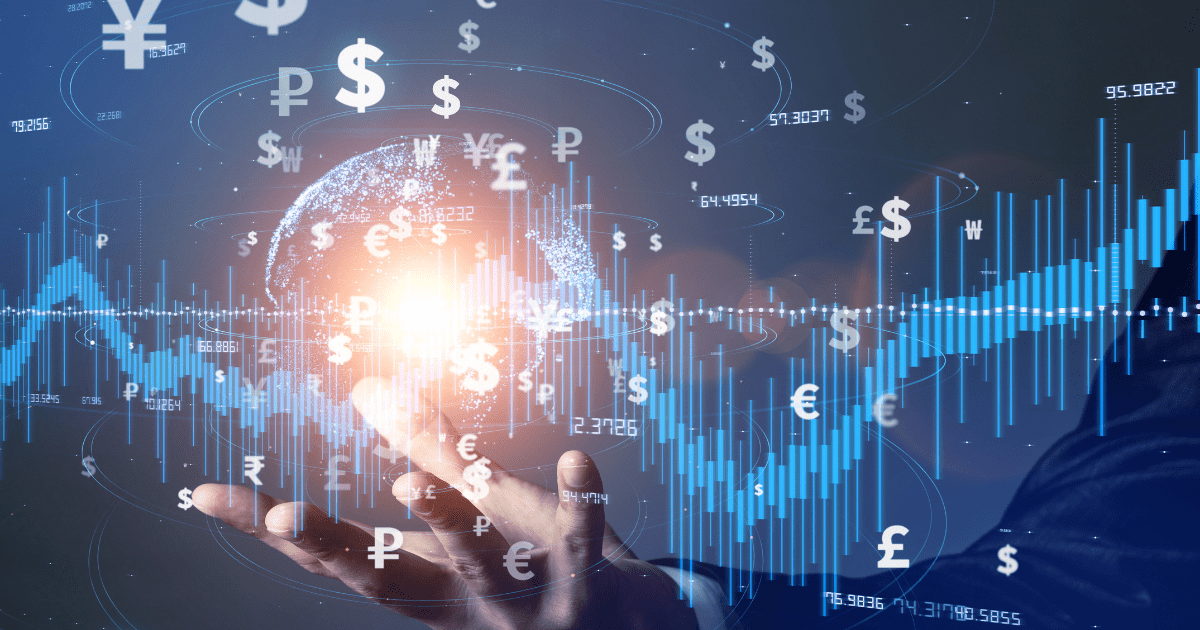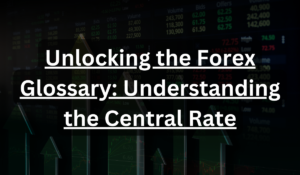In the world of financial markets, accounting plays a crucial role. From financial accounting to corporate accounting, various categories exist to manage and record financial activities. However, what about the concept of Mental Accounting? Have you ever wondered about the internal processes that our minds follow when we make trading decisions in the forex market? This article aims to shed light on the fundamentals of mental accounting in forex trading, exploring its impact on decision-making and providing insights for traders to enhance their mental stability.
The Basics of Mental Accounting:
Mental accounting refers to the cognitive operations individuals employ to organize, evaluate, and track financial activities. Just as companies must record relevant accounting facts, traders create mental accounts that move with market fluctuations, often unconsciously. Mental accounting seeks to answer questions such as why it is difficult to close a losing trade or why we feel compelled to sell winning trades prematurely.
Components of Mental Accounting:
To understand mental accounting better, let’s explore its three key components:
- Perception and Decision-Making:
The first component focuses on how individuals perceive actual events and make decisions based on those events. Traders are linked to real-time market events, which influence their decision-making processes. - Allocation of Activities:
The second component involves allocating each trading activity to a specific mental account. Similar to financial accounting, where expenses and revenues are classified within a budget, mental accounting categorizes trading activities based on their perceived importance. - Evaluation Frequency:
The third component pertains to the frequency with which traders evaluate their mental accounts. While financial accounts are audited periodically, mental accounts require careful consideration. Traders must find an optimal review frequency that does not affect their decision-making processes.
The Profit and Loss Environment:
Understanding the decision-making process is crucial for traders. By applying a utility function, traders can evaluate different options based on their expected outcomes. The utility function introduced by Kahneman and Tversky includes three essential elements:
- Evaluation of Transactions:
Mental accounting evaluates transactions individually rather than in relation to other transactions. This means that traders assess each trade on its own merits, rather than considering the overall portfolio. - Decreasing Sensitivity to Gains and Losses:
Both the loss and profit functions exhibit decreasing sensitivity. Traders tend to perceive the difference between smaller amounts as relatively larger than the difference between larger amounts. This phenomenon influences decision-making and risk assessment. - Risk Aversion:
Traders are generally more averse to losses than they are driven by potential profits. The fear of losing money has a significant impact on decision-making processes, emphasizing the importance of risk management.
Grouping and Past Events:
Traders often group events together or dissociate them when making decisions. The localization of events within a specific context can influence the perceived impact of gains and losses. Furthermore, past events can significantly impact decision-making in the present. Traders must consider the importance of previous experiences and avoid being influenced solely by recent outcomes.
Opening and Closing of Accounts:
Knowing when to open and close trading accounts is a critical aspect of mental accounting. Traders often delay closing losing trades due to the pain associated with realizing losses. Conversely, they tend to close winning trades prematurely to satisfy their ego. Understanding these biases and managing them is crucial for successful trading.
Key Takeaways:
- Mental accounting is a cognitive process that impacts decision-making in forex trading.
- Traders should be aware of the biases and tendencies associated with mental accounting to make informed decisions.
- Understanding the psychology behind mental accounting can lead to greater mental stability and improved trading performance.
- Traders should evaluate their mental accounts periodically but avoid counting profits or losses excessively during active trading.
- Risk aversion and the perception of gains and losses play a significant role in decision-making processes.
- Grouping and past events can influence how traders perceive and evaluate their trades.
- Closing losing trades and managing winning trades require a disciplined approach and an understanding of mental accounting biases.
Conclusion:
Mental accounting is a vital aspect of forex trading psychology. By understanding the fundamentals of mental accounting, traders can gain valuable insights into their decision-making processes and enhance their trading performance. Being aware of biases, risk aversion, and the impact of past events can help traders navigate the complexities of financial markets with greater mental stability.
Answering Commonly Asked Questions:
- How does mental accounting affect forex trading?
Mental accounting influences decision-making processes in forex trading by shaping how traders perceive gains, losses, and risk. It can lead to biases, such as delaying the closure of losing trades or prematurely closing winning trades. - How can traders overcome mental accounting biases?
Traders can overcome mental accounting biases by developing self-awareness and understanding the underlying psychological processes. Implementing risk management strategies, maintaining a disciplined approach, and regularly evaluating trading performance can help mitigate the impact of biases. - Can mental accounting be beneficial for traders?
While mental accounting biases can hinder trading performance, understanding mental accounting can also be beneficial. By recognizing these biases, traders can make more informed decisions, developbetter risk management strategies, and enhance their overall trading performance. - How often should traders evaluate their mental accounts?
The frequency of evaluating mental accounts may vary for each trader. It is important to strike a balance between staying updated on trading performance and avoiding excessive monitoring that can lead to emotional decision-making. Traders should find a review frequency that works best for them without negatively impacting their decision-making processes. - Is mental accounting applicable only to forex trading?
Mental accounting is applicable to various areas of finance and decision-making, including forex trading. It is a psychological concept that influences how individuals perceive, evaluate, and track financial activities. While the focus here is on forex trading, the principles of mental accounting can be applied to other financial markets as well.
In conclusion, understanding the fundamentals of mental accounting is essential for forex traders seeking to improve their decision-making processes and trading performance. By recognizing the biases and tendencies associated with mental accounting, traders can develop strategies to mitigate their impact and make more informed and disciplined trading decisions. By cultivating self-awareness and applying the principles of mental accounting, traders can enhance their mental stability and increase their chances of success in the dynamic world of forex trading.








